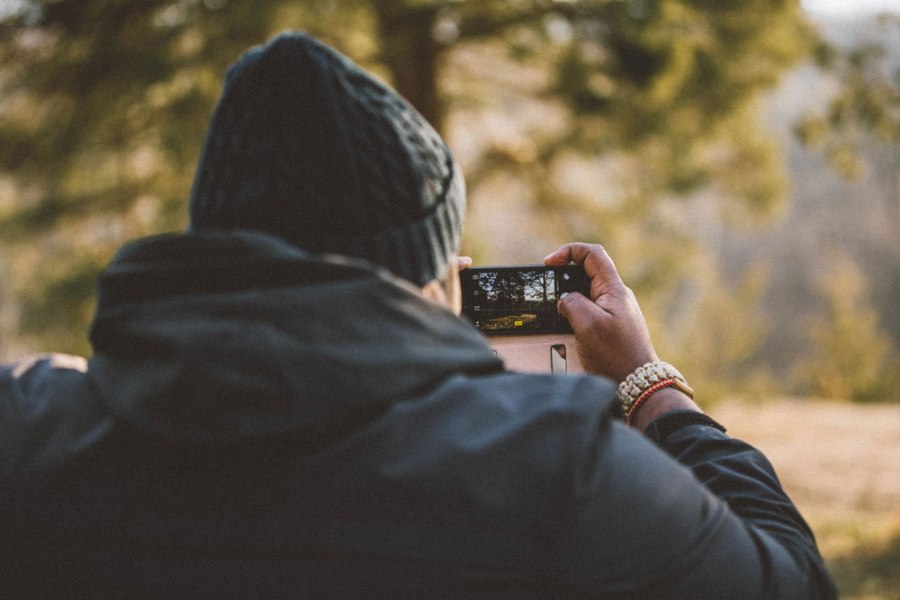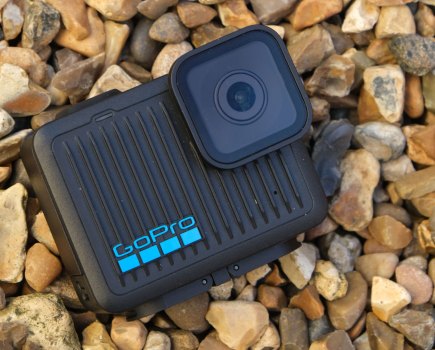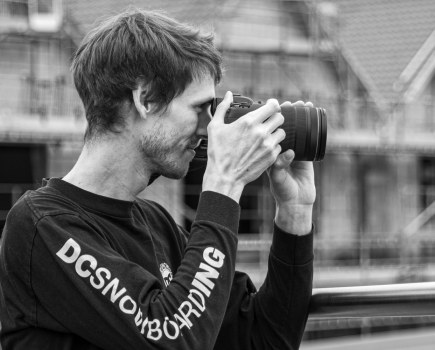Rod Lawton gives his opinion on cameras and creativity. You don’t need the best camera to take good photos, in fact, a bad camera you love is better than a good camera you hate.
Where does the value lie in your photographs? Does it lie with your own unique ‘take’ on the world and your own individual vision, or does it lie with the technical quality of your images? Most photographers would say you need both and might assume that you can have your cake and eat it, with camera gear that both release your creative instincts and produces the best possible technical quality.
My experience is different. For me, creative instinct and ‘mood’ are highly elusive. I can be technically correct all day long. That’s not creativity, that’s a process. But ‘seeing’ images is different. This is where I find that some cameras work for me, and some don’t. And, at the end of the day, I would rather have a photograph that inspires and excites me than one that’s technically correct and boring.
I am a scientist by training and background, but I am also obsessed with images and their visual, graphic and emotional effect. I understand everything needed to produce technical excellence, but I have become aware that this does not necessarily translate into exciting imagery. Some realisation, huh?
So, I have become aware that my best and most satisfying images, from my perspective, have not been taken with the best equipment. Some of my favourite shots are from my iPhone, my Olympus MFT gear or my old Nikon DSLR kit. None of these is the best technically, but they have helped me ‘see’ shots in a freer, more intuitive way.
I have a Sony A7R II which I bought because of its resolution, and I bought some excellent lenses to go with it. But persevere as I might, it just leaves me a bit cold. It’s as if its technical capabilities are a responsibility, not an advantage (and it doesn’t help that I just don’t like the way it handles).
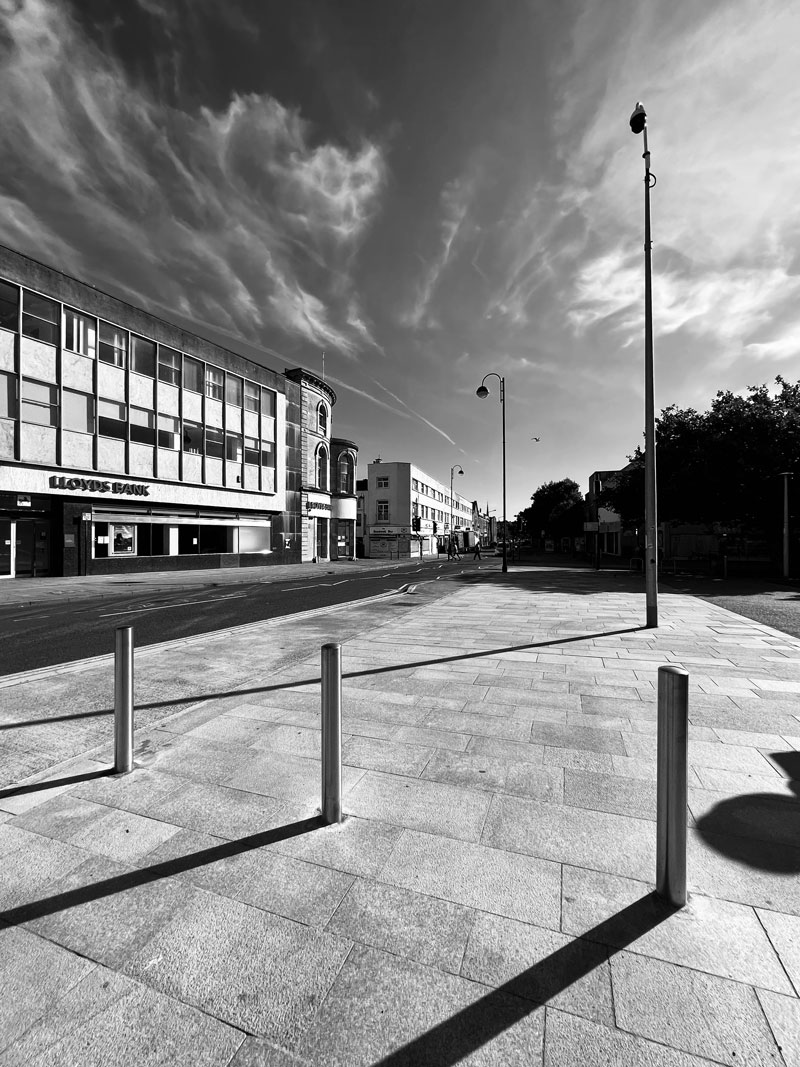
Photo taken with the iPhone 13 Pro Max, (C) Rod Lawton
The opposite example is my iPhone 13. Its technical quality is way, way below that of my Sony – of course it is – but I just feel creatively ‘freer’. I have nothing to live up to. I shoot what looks right, and very often it is right. Very often I will think “I wish I’d taken that with a proper camera”, but the plain fact is I wouldn’t have done because I wouldn’t have seen it in the same way.
I have the same feeling about my Olympus kit. The MFT format has a lot of haters who will quote endless, experience-free arguments about why it’s no good, but the fact is that my Olympus OM-D E-M5 III lets me shoot ‘responsibility free’, just like my iPhone. I’ve dropped out of the rat race. I especially love the Art Filters. Yes, you could do better later in Lightroom with raw files and presets and heaven knows what else, but by then you’ve lost all the instinct and immediacy. And isn’t that what photography is about?
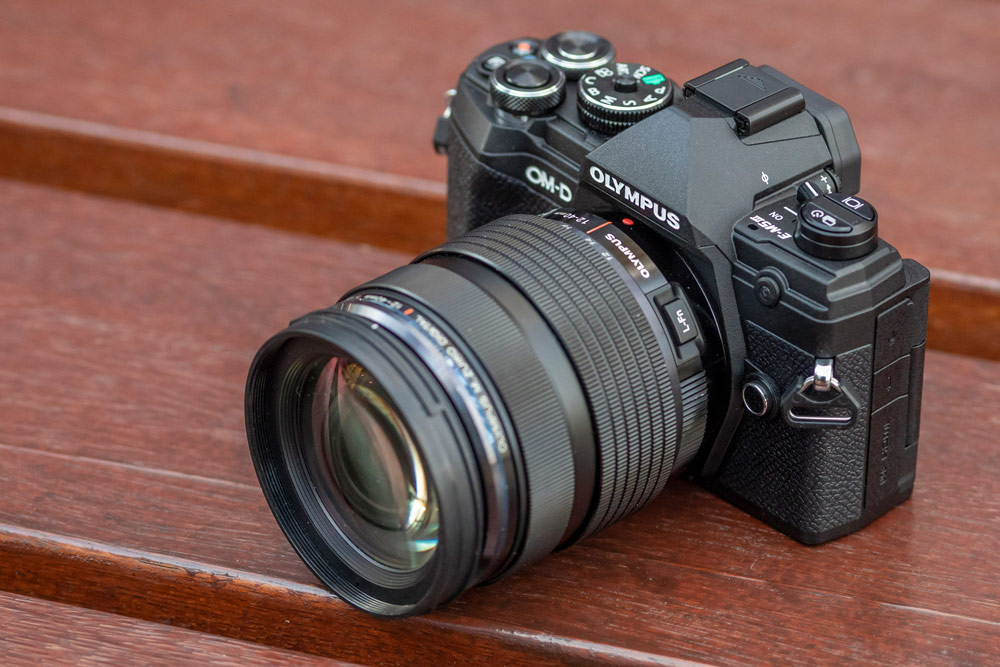
One of the best cameras Rod has used, the Olympus OM-D E-M5 Mark III
Some other stupid facts. I kept using my ancient Sony A6000 purely because it had a wonderfully metallic shutter ‘clack’. I think any camera maker that doesn’t put the power switch around the shutter release has never met someone who likes to hold a camera in one hand, and I will always regret selling my Nikon D7200 because everything about it was wrong and out of date except how it felt in my hand.
Photography is emotive, and if we let the technically obsessed take that away from us, then we’re wrong. Photography is not about logic and measurements, it’s about instinct and responses. If we forget that, then it really is the end.
The views expressed in this column are not necessarily those of Amateur Photographer magazine or Kelsey Media Limited. If you have an opinion you’d like to share on this topic, or any other photography related subject, email: ap.ed@kelsey.co.uk.
Further reading:
- Vintage digital cameras you should actually buy
- Why Micro Four Thirds offers something no-one else can
- Jon Bentley: Pixels vs Noise – Are bigger pixels better?

